2 min read
Gospel-Centered from the Start
“Let us hold unswervingly to the hope we profess, for He Who promised is faithful…Jesus Christ is the same yesterday, today, and forever.” (Hebrews...
“If you did the good about which you do know, what you should do next would then become clear as if you were passing through a house from one room to another. It is not helpful to know what comes later before you have done what comes first.” –St. Mark the Ascetic
Dr. Jerry Sittser is a professor at Whitworth University and author of several renowned books. In 1991, his wife, mother, and four-year old daughter were killed in a car accident shedding new light on his view of God’s will.
He recently spoke about the will of God and decision making at a Vocational Advancement seminar for the men and women in recovery at UGM. Naturally, our recovery residents can have hesitations and fears about the future, but Dr. Sittser’s words provided encouragement for them moving ahead. The following lays out some of the points he addressed during his seminar. To hear more, click here.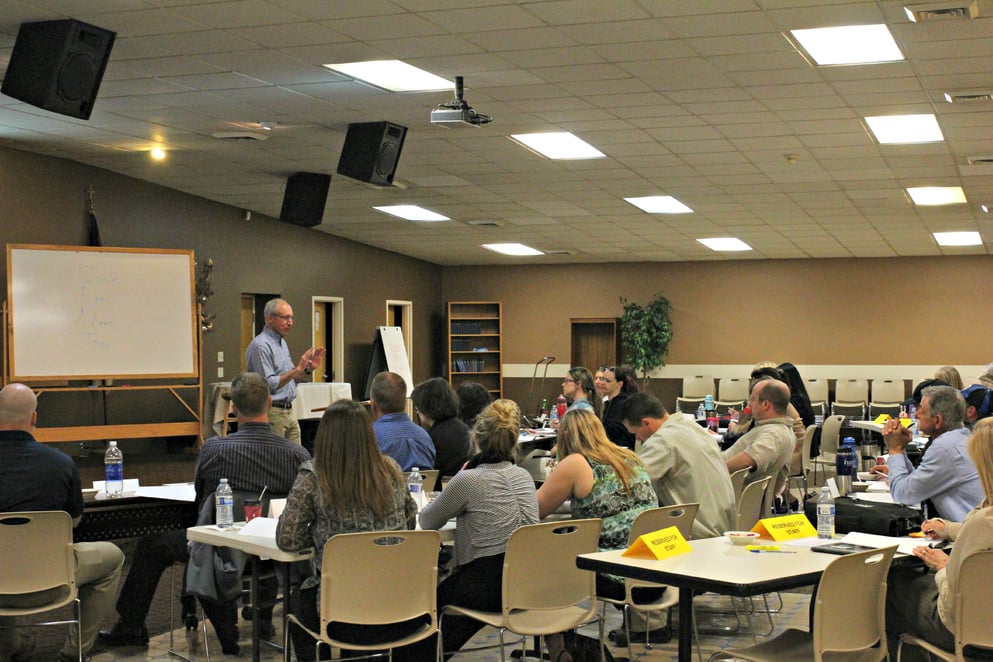
God’s will is almost always unexpected. We need to trust Him that He will use our experiences to prepare us for the future He knows. God had continually been preparing Dr. Sittser for the life he’s lived, but he could not have guessed what lay ahead of him. He learned the best way to prepare for what we do not know is living a life obedient to Christ in what we do know, right now.
We look into the future and make plans, but God’s will concerns how we live for God in the present. Three problems arise when we focus on the future.
Do setbacks or complications mean you have moved outside the will of God? No, you can be at the center of God’s will, yet experience great adversity. Jesus’ death on the cross is a perfect example.
Our ideals about the future give us faulty criteria for judging the “good life.” It doesn’t matter what our circumstances are or whether we have a situationally “perfect life,” God cares more about who we become and about cultivating Christ-likeness within us. Our ideals usually involve the perfect set of circumstances. But God's greatest desire for us is our sanctification.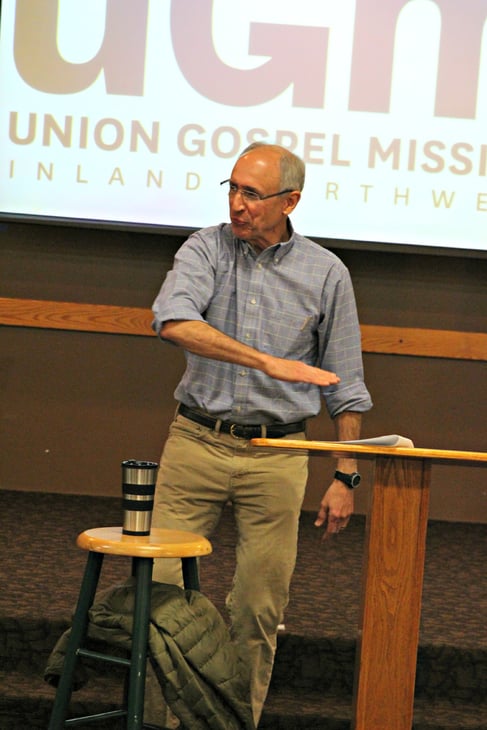
God does not give us control, He just gives us the present, and He wants our trust and obedience. James 4 says, “Yet you do not know what your life will be like tomorrow. You are just a vapor that appears for a little while and then vanishes away. Instead, you ought to say, ‘If the Lord wills, we will live and also do this or that.’ Therefore, to one who knows the right thing to do and does not do it, to him it is sin.” The future is still important. But God is already there, and He is in control, so focus on what you know, right now.
God asks us to trust Him by doing the next thing. Don’t worry about God doing His job—He always does it, and He’s clear when He needs to be. Dr. Sittser points out, “Maybe God doesn’t have as many opinions as we think He has.” Sometimes, our choices don’t matter. Instead, what matters to God is how we carry out our choices. The future is flexible, what is inflexible is the position God wants in our lives. Seek God now, and you will be in His will.
King David’s sin with Bathsheba had consequences. And yet, after David repented, God continued to bless David, for instance, with Solomon. Don’t expect wrong decisions not to have consequences, but our choices can be redeemed and woven into God’s will when we seek Him in repentance. At the end of David’s life, he may have had regrets, but he saw God’s faithfulness and goodness in redeeming his sins.
Living in God’s will means seeking Him, right now, no matter the situation.
If you'd like to help with Vocational Advancement and preparing our residents to get back to work and re-enter society, become a volunteer!

2 min read
“Let us hold unswervingly to the hope we profess, for He Who promised is faithful…Jesus Christ is the same yesterday, today, and forever.” (Hebrews...

9 min read
To celebrate 75 years of serving the Inland Northwest, we are spending the year remembering our history and the faithfulness that built us and...

2 min read
In 2026, Union Gospel Mission Inland Northwest is approaching our 75th Anniversary! This is a milestone that invites gratitude and reflection, and...
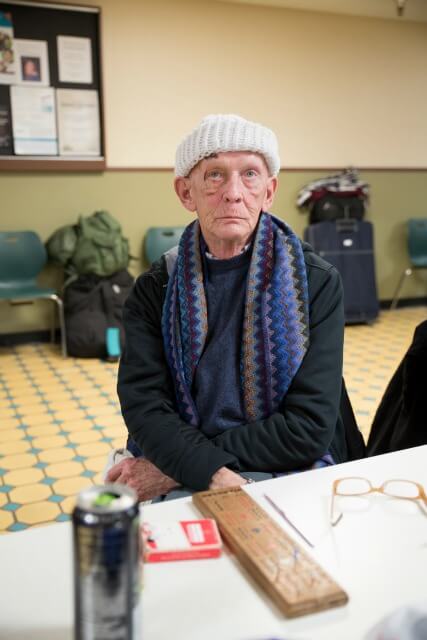
We asked staff, volunteers and residents to share a few of thoughts on gratitude.
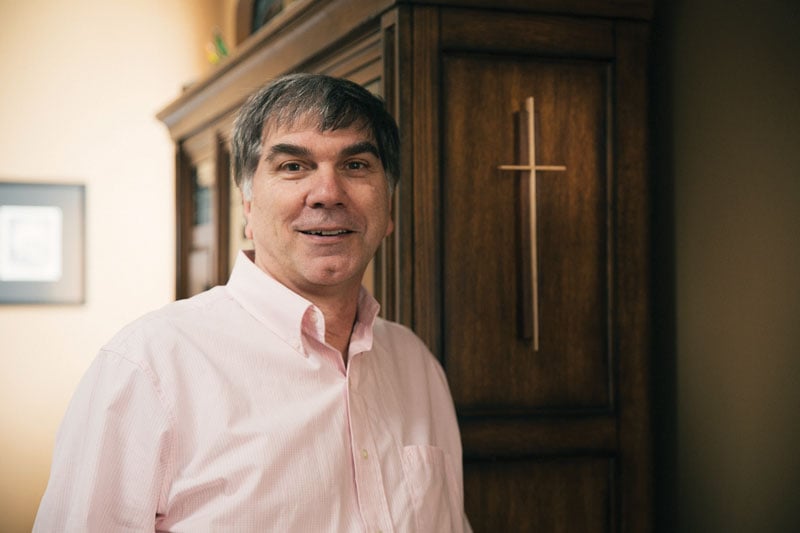
What better phrase to describe one’s life than the one God used to describe David, “a man after my own heart.” What do we know about God’s heart? How...
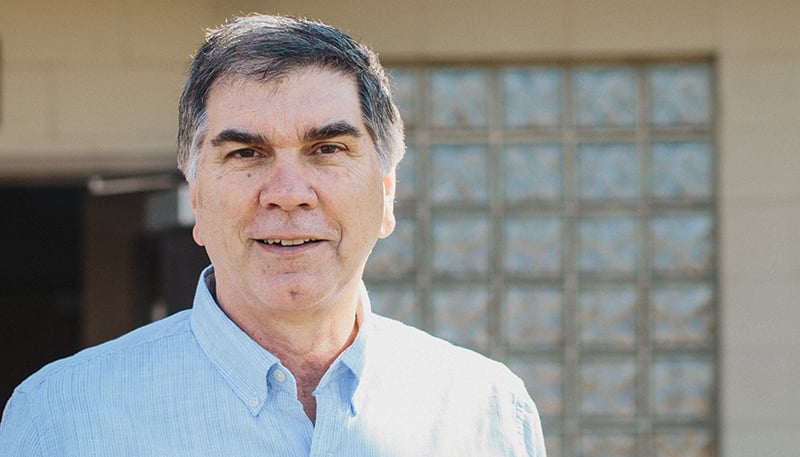
“God created man in His own image, in the image of God He created him; male and female He created them.” (Genesis 1:27) At UGM, we believe every...